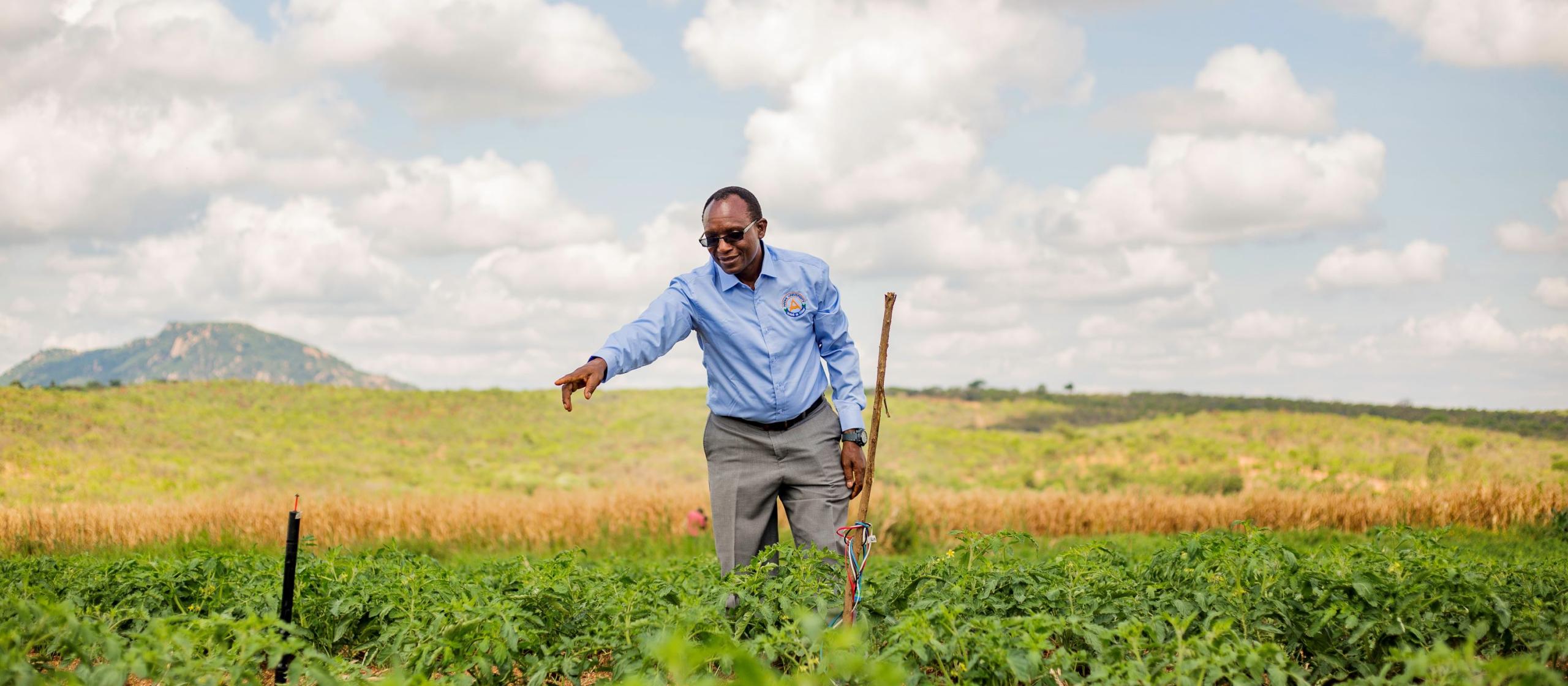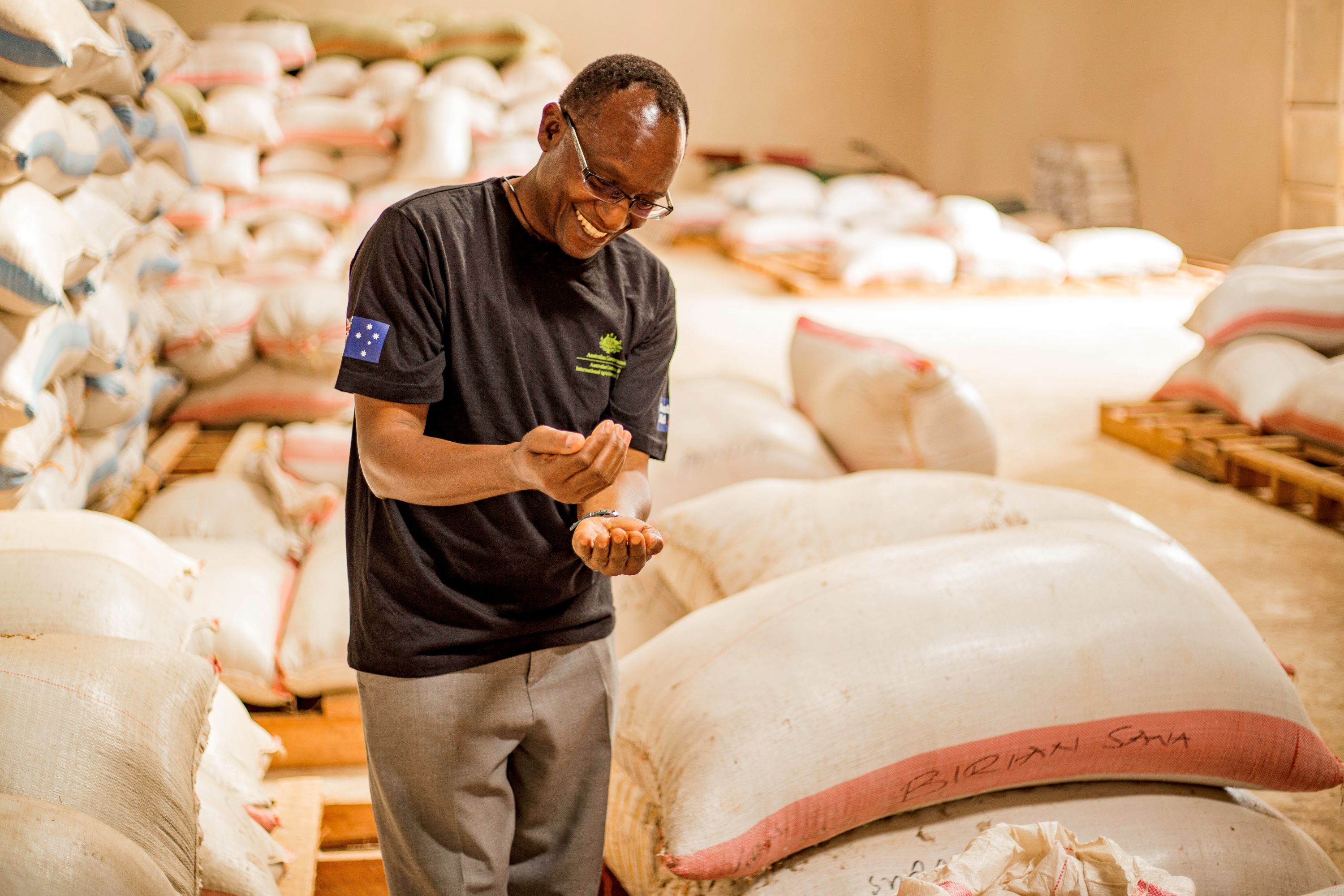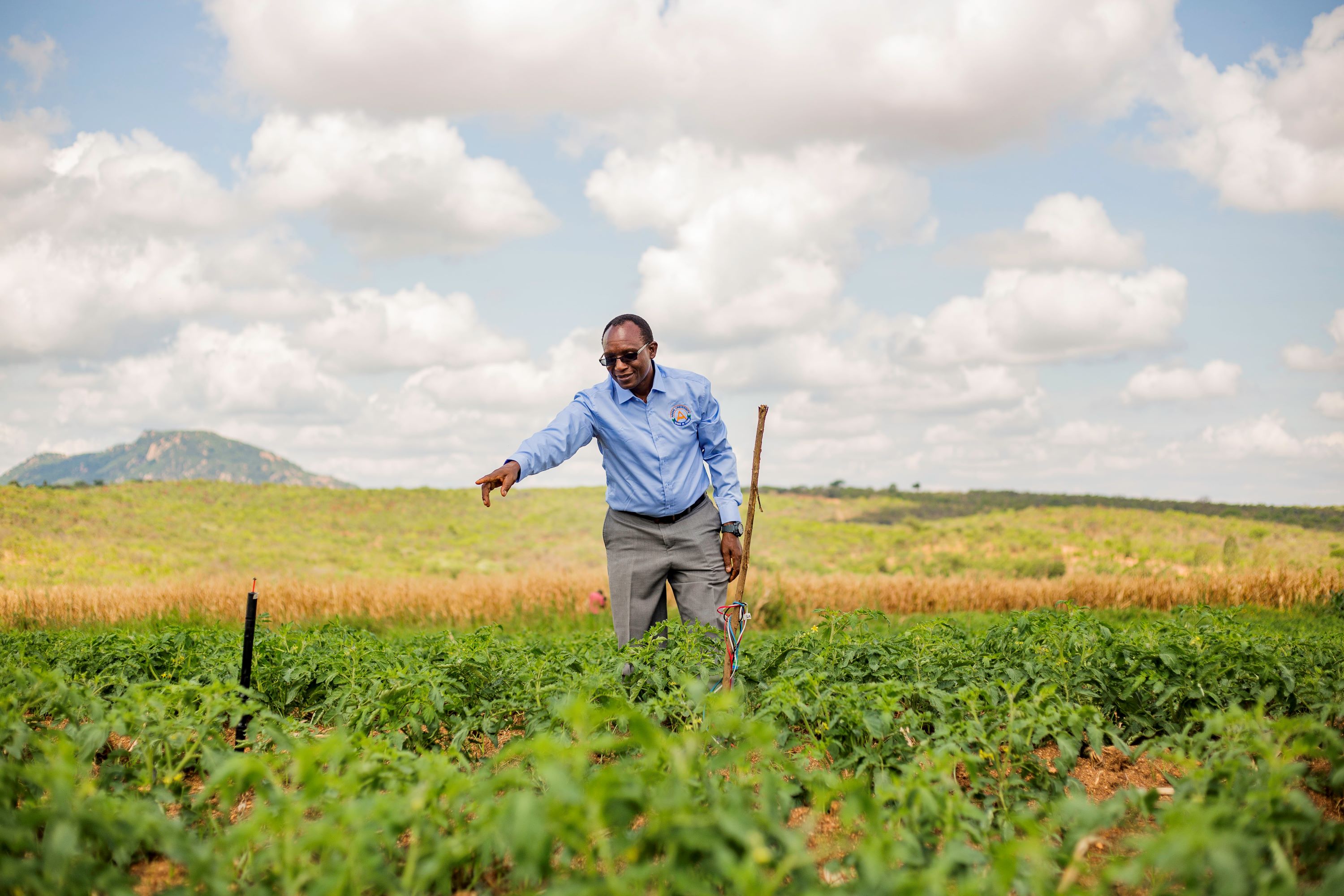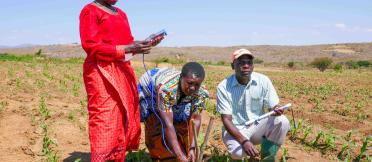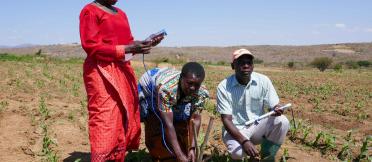Building partner countries' scientific and policy capability is a crucial priority for ACIAR, with capacity-building initiatives running in 12 countries across Eastern and Southern Africa since 1992.
Graduates of these capacity-building programs, like the John Dillion Fellowship (JDF), join the growing global network of ACIAR Alumni, which currently boasts more than 800 members.
In Tanzania, Dr Makarius Mdemu is an alumni who has contributed to his country’s water and agricultural sectors for nearly two decades. His career has spanned the private and public sectors, and his involvement and contributions to ACIAR-funded research across the continent have been profound.
Dr Mdemu became the country project coordinator for an ACIAR-funded project that transformed smallholder irrigation into profitable and self-sustaining systems across Mozambique, South Africa, Tanzania and Zimbabwe. Through this initiative, Dr Mdemu was selected for the John Dillion Fellowship in 2020 and received Alumni Research Support Facility funding during the COVID-19 pandemic.
As a senior lecturer and Director of the Institute of Human Settlements Studies at Ardhi University in Dar es Salaam, Tanzania, Dr Mdemu is essential in inspiring the next generation of scientists and researchers to consider agricultural research and development as a career path.
On World Science Day for Peace and Development, Dr Mdemu reflects on his career and how involvement with ACIAR-funded initiatives has contributed to his journey in becoming a leader and force for change throughout the region. His story is about resilience, passion and dedication to making a difference.
